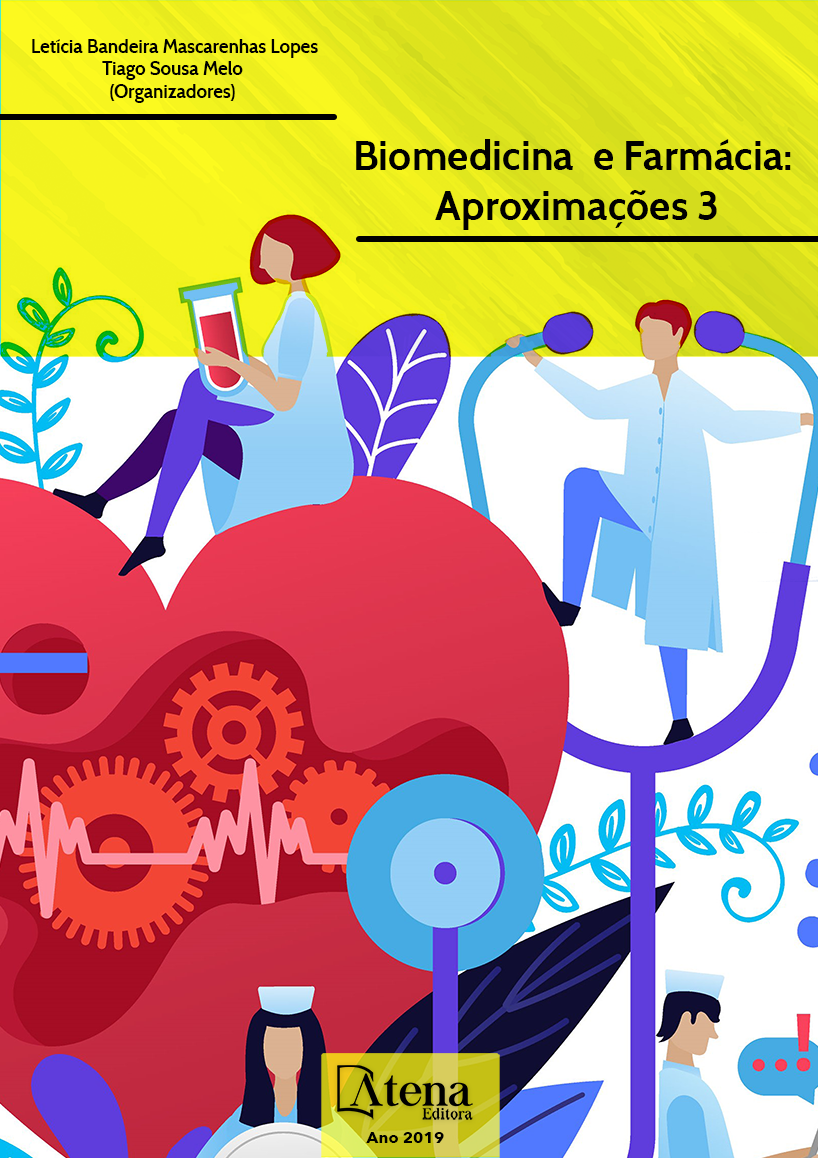
EVENTOS ADVERSOS NOTIFICADOS APÓS IMUNIZAÇÃO CONTRA FEBRE AMARELA E O CONHECIMENTO POPULACIONAL
A vacina da febre amarela é
produzida no Brasil e distribuída ao Sistema
Único de Saúde (SUS), a fim de promover
imunização da população, com objetivo de
erradicar a doença ou minimizar os riscos. No
entanto, alguns indivíduos após receberem a
vacina podem apresentar reações adversas.
No Brasil, a Agência Nacional de Vigilância
Sanitária (ANVISA) recebe notificações de
eventos adversos após imunização contra febre
amarela e outras vacinas distribuídas ao SUS.
O estudo presente teve como objetivo avaliar o
conhecimento populacional em adultos, homens
e mulheres entre 18 e 60 anos da cidade de São
Paulo, em relação a eventos adversos após
imunização contra febre amarela. A pesquisa
foi aplicada através de um questionário a 223
indivíduos moradores da Cidade de São Paulo,
com perguntas relacionadas à vacinação contra
febre amarela e conhecimento sobre eventos
adversos. Dos indivíduos entrevistados,
70,4% (157/223) disseram confiar nas vacinas
oferecidas pelo sistema único de saúde e 6,3%
(14/223) disseram não confiar nas vacinas
de febre amarela distribuídas. Além disso, os
indivíduos que responderam o questionário
14,8% (33/223) deles disseram apresentar
eventos adversos. Os dados coletados
mostraram que a maioria dos indivíduos confia
nas vacinas oferecidas pelo SUS e mesmo
quem desconfia sobre as vacinas, apresentam
uma chance alta de vacinar seus filhos. Além
disso, tanto os indivíduos que tomaram a
vacina, quanto os que não foram imunizados,
52% dos entrevistados disseram não sentir-se
pressionados para tomar a vacina contra febre
amarela, mesmo com o surto em São Paulo
entre 2017 e 2018. Apesar de representarem
apenas 14,8% dos indivíduos entrevistados,
33 eventos adversos foram descritos no
questionário por indivíduos que apresentaram
os seguintes sintomas: dor de cabeça, dor no
corpo, febre, mal estar, enjoo, entre outros
sintomas. Portanto, foi possível observar que os
eventos adversos são percebidos, no entanto,
não são notificados à Agência Nacional de Vigilância Sanitária. Contudo, necessita de
ações mais significativas e fazer uma divulgação maior sobre o assunto, ressaltando a
importância das notificações de eventos adversos.
EVENTOS ADVERSOS NOTIFICADOS APÓS IMUNIZAÇÃO CONTRA FEBRE AMARELA E O CONHECIMENTO POPULACIONAL
-
DOI: 10.22533/at.ed.2241914042
-
Palavras-chave: Vacina, Febre amarela, Sintomas, imunização.
-
Keywords: Vaccine, yellow fever, symptoms, immunization.
-
Abstract:
The yellow fever vaccine is produced in Brazil and distributed to the Single
Health System (SUS), in order to promote immunization of the population, aiming to
eradicate the disease or minimize the risks. However, some individuals after receiving
the vaccine may have adverse reactions. In Brazil, the National Agency Sanitary
Surveillance (ANVISA) receives notifications of adverse events after immunization
against yellow fever and other vaccines distributed to SUS. The present study had as
objective to evaluate the population knowledge in adults, men and women between 18
and 60 years old of the city of São Paulo, regarding adverse events after immunization
against yellow fever. The research was applied through a questionnaire to 223 individuals
living in the City of São Paulo, with questions related to vaccination against yellow fever
and knowledge about adverse events. Of the individuals interviewed, 70.4% (157/223)
said they trusted the vaccines offered by the single health system and 6.3% (14/223)
said they did not trust the yellow fever vaccines distributed. In addition, individuals who
answered the questionnaire 14.8% (33/223) of them reported adverse events. The
data collected showed that most individuals rely on the vaccines offered by the SUS
and even those who distrust vaccines have a high chance of vaccinating their children.
Thus, both those who took the vaccine and those who were not immunized, 52% of
respondents said they did not feel pressured to take the yellow fever vaccine, even with
the outbreak in São Paulo between 2017 and 2018. Although, 14 adverse events were
described in the questionnaire by individuals who presented the following symptoms:
headache, body pain, fever, malaise, nausea, among other symptoms. Therefore, it
was possible to observe that adverse events are perceived, but are not reported to the
National Sanitary Surveillance Agency. However, it requires more significant actions
and a greater divulgation on the subject, emphasizing the importance of the notifications
of adverse events.
-
Número de páginas: 14
- Márcia Cristina Pena Figueiredo
- Márcio Fernando Madureira Alves
- Sandra Heloisa Nunes Messias
- Letícia de Souza Silva


